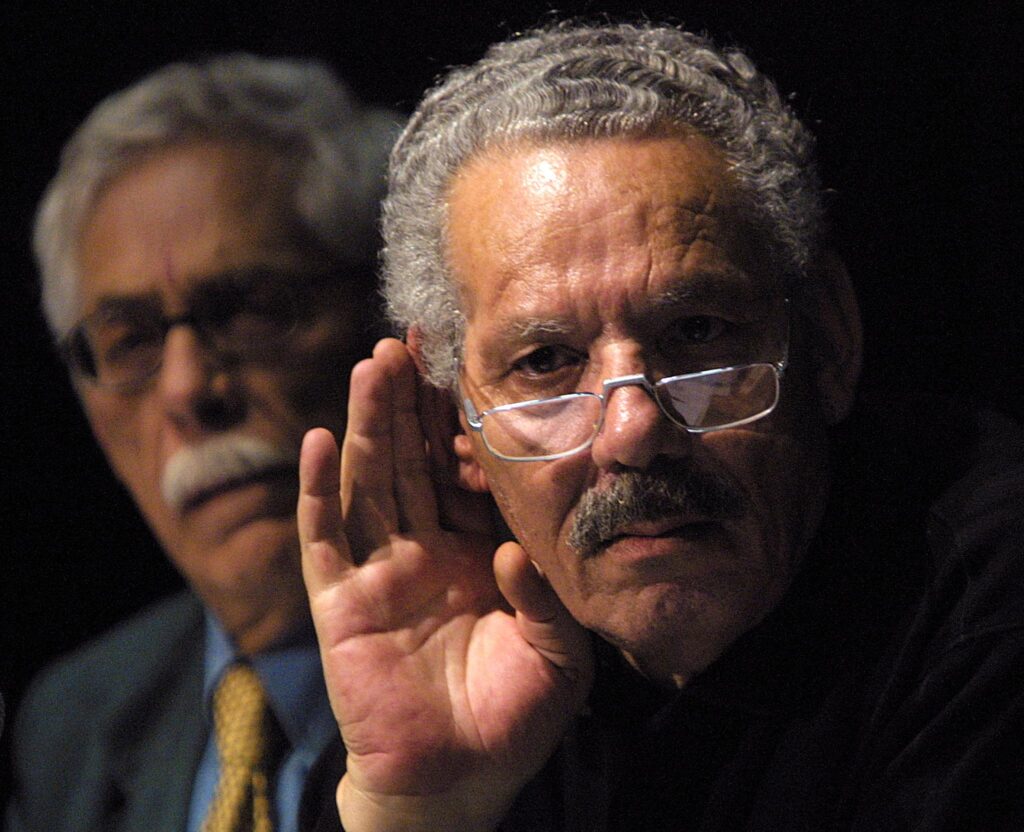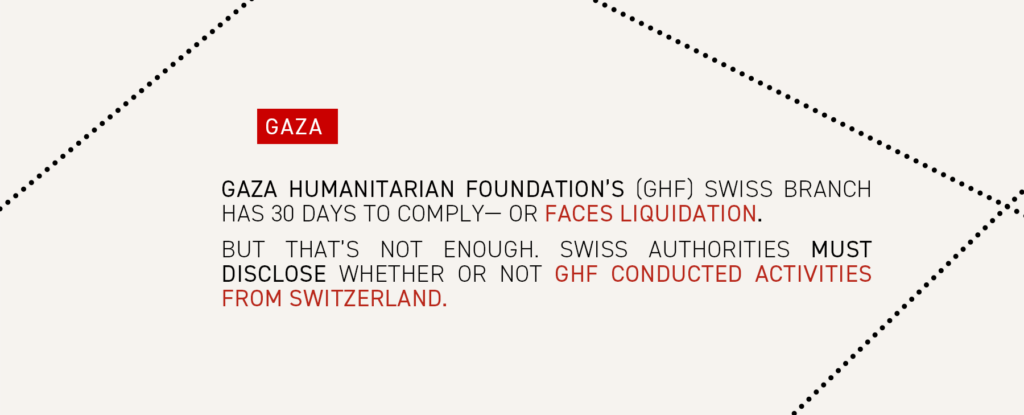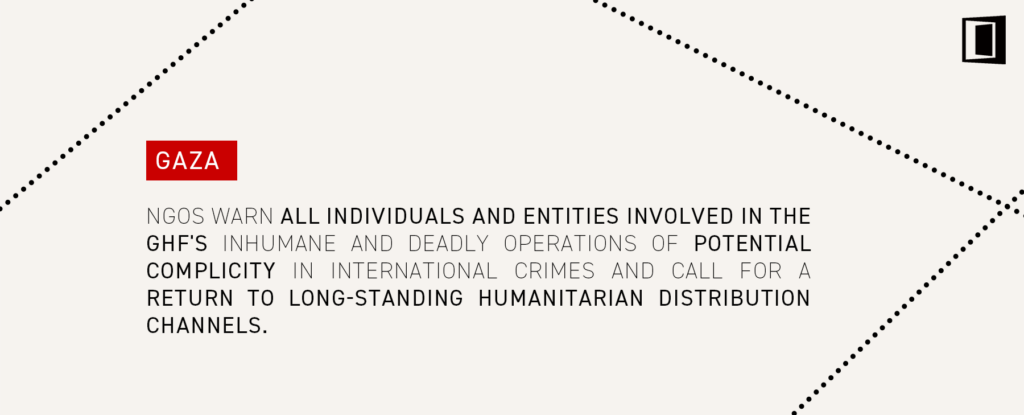DRC: Conviction for forced pregnancy and other crimes against humanity for warlord Ndarumanga
On May 15th 2023, the Military Tribunal of Uvira sentenced Munyololo Mbao, alias Ndarumanga, former leader of a faction of the Raia Mutomboki armed group in the Democratic Republic of Congo (DRC), to life imprisonment for crimes against humanity. Among the charges confirmed by the court is the crime of forced pregnancy, a world first before a national court.
 © Trial International
© Trial International
The crime of forced pregnancy: a historic precedent before a national court
Despite its inclusion in the list of war crimes and crimes against humanity in the Rome Statute of the International Criminal Court (ICC) in 1998, it was not until 2021 that the crime of forced pregnancy was prosecuted by the ICC in the case of Dominic Ongwen, a former Lord’s Resistance Army fighter in northern Uganda.
Given the prevalence of reproductive violence in conflict settings, the specificity of the crime of forced pregnancy is its focus on women’s right to personal as well as reproductive autonomy and the right to a family. The definition of the crime requires the unlawful confinement of one or more women, forcibly made pregnant, with the specific intent of altering the ethnic composition of a population or committing other grave violations of international law.
Three women who suffered this fate were heard during the trial. “After I was kidnapped by Ndarumanga’s men in 2012 when I was a minor, I was imprisoned for two years. Ndarumanga himself used me as a sex slave and to cook food. He forced me to have sex many times and made me pregnant twice. I was abused by him and his men when I tried to escape and was forced to give birth to my first child in captivity”, a victim testified.
The Tribunal found that during the captivity of these three women, Ndarumanga intended to commit other serious crimes against them, including rape. This was sufficient to prove this crime against humanity, even in the absence of the intent to change the ethnic composition of a population.
“It was important for us to also consider the consequences of the crime on children born of rape and forced pregnancy. These children suffer particular harm that must be taken into account in order for them to be recognized as direct victims, so that the justice system is able to grant them adequate reparations, including measures to ensure access to education and appropriate socio-economic, medical and psychological support,” adds Chiara Gabriele, TRIAL International’s Senior Legal Advisor in the DRC.
This is the first time a national criminal court has recognized the crime of forced pregnancy as an international crime.
Justice for the victims at the end of the trial
In order to try the crimes committed by Ndarumanga, the Uvira Military Tribunal held a mobile court hearing in Mwenga, close to the 121 victims who had filed as civil parties in the case. The trial took place from May 8 to 15, 2023, and allowed the judges to hear from dozens of victims and witnesses to the events.
At the end of the trial, the court found Ndarumanga responsible for crimes against humanity by murder, torture, rape, sexual slavery, forced pregnancy, imprisonment and other inhumane acts. The warlord was sentenced to life in prison and financial compensation was awarded to all victims. The Congolese state has not been recognized as liable for the crimes in question.
TRIAL International supported the documentation of the crimes committed by Ndarumanga and accompanied the lawyers of the civil parties in the proceedings.
“We welcome this favourable verdict. Victims’ rights have been affirmed by the conviction of Ndarumanga. We believe that the Congolese State should have also been sanctioned jointly with the defendant for failing to protect its population during the long period of commission of the crimes. Nevertheless, this case represents a very important step forward in the fight against conflict-related sexual violence by recognizing the crime of forced pregnancy,” stated Daniele Perissi, TRIAL International’s DRC Program Manager.
Civilian population victimized by systematic crimes for more than 10 years
The Raia Mutomboki, or “angry citizens” in Swahili, are local self-defense movements that have structured themselves into armed groups and operate in South Kivu province. These groups began to grow in 2011 in response to attacks on the population by the Rwandan militia FDLR (Forces démocratiques pour la libération du Rwanda), facilitated by a security vacuum caused by the restructuring of the Congolese army.
The “Ndarumanga” faction of the Raia Mutomboki fought for control of several areas in the territories of Walungu and Shabunda by carrying out repeated armed attacks between 2012 and 2021, sometimes against other armed groups present in the region and other times in coalition with other armed groups against the Congolese army. During these attacks, numerous abuses were committed against the civilian population.
Following his arrest in November 2021, Ndarumanga’s crimes were the subject of a judicial investigation by the military prosecutor that led to his indictment in August 2022 for crimes against humanity.
TRIAL International’s work on this case is conducted within the framework of the South Kivu International Criminal Justice Task Force, an informal network of international actors who collaborate to support the work of Congolese courts in the investigation and prosecution of mass crimes in the DRC.










